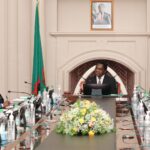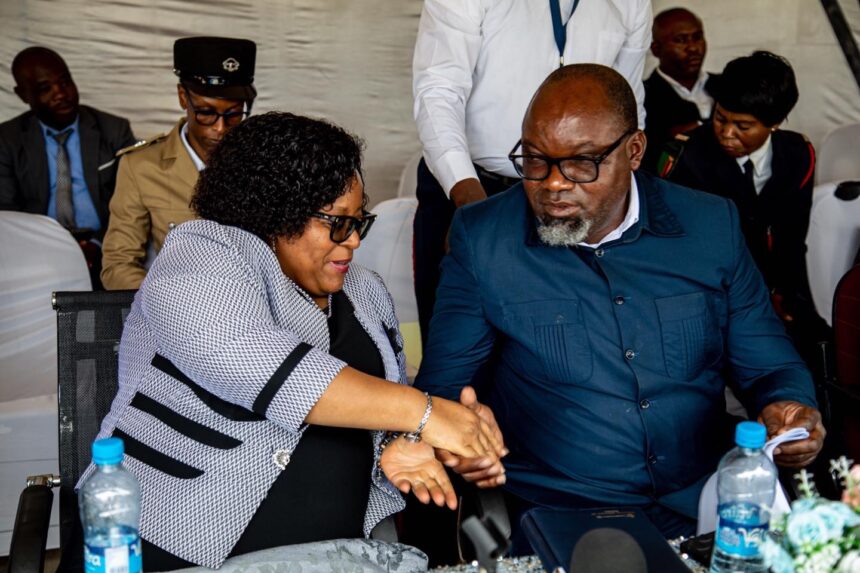High Court Judge Emelia Phiri Sunkutu has once again been removed from the bench following a recommendation by the Judicial Complaints Commission (JCC), with State House announcing the suspension as effective immediately. This marks the second time in her career that Justice Sunkutu has faced sidelining over allegations of professional misconduct, reigniting discussions about transparency and accountability within Zambia’s judiciary.
The May 28, 2025, suspension comes on the heels of a JCC report outlining concerns over Justice Sunkutu’s conduct on the bench. Acting under Article 144(3) of the Constitution, President Hakainde Hichilema authorized the removal, citing the JCC’s advisory role in safeguarding judicial integrity.
A seasoned jurist appointed to the High Court in 2010, Justice Sunkutu currently serves as Judge‑in‑Charge of the Mansa High Court and previously led the Ndola division. Over more than a decade, she has presided over numerous high‑profile cases, blending a robust judiciary tenure with an academic pedigree that includes a Bachelor of Laws from the University of Zambia and a Master of Laws from the University of Lancaster in the United Kingdom. Before ascending to the bench, she cut her teeth as a State Advocate in the Ministry of Legal Affairs and later as Manager of Legal Services at the Environmental Council of Zambia.
Justice Sunkutu’s first suspension occurred in September 2013 under President Michael Sata, when she and Judge Timothy Katanekwa were temporarily removed to facilitate tribunals probing alleged misconduct. While the findings of that tribunal were never publicly disclosed, the parallel suspension of Katanekwa—and his own subsequent sidelining in December 2023—has underscored systemic challenges in adjudicating judicial discipline. Legal insiders reveal that Justice Sunkutu’s name has resurfaced in multiple JCC files over the years, with complaints ranging from delayed rulings to procedural irregularities.
In March 2015, President Edgar Lungu received tribunal reports on alleged incompetence by Judges Sunkutu and Katanekwa, though he delayed public release of the findings pending further review. This continuity of scrutiny—from Sata through Lungu to Hichilema—has led observers to dismiss claims of partisan targeting, suggesting instead that the repeated actions point to genuine concerns about judicial standards.
Since taking office in 2021, the Hichilema administration has suspended or dismissed at least seven judicial officers, framing the measures as necessary “housecleaning” to bolster public confidence in the courts. Proponents argue that rigorous enforcement of ethical codes is essential to deter misconduct, while critics warn of executive overreach that could erode judicial independence. A Lusaka‑based legal analyst summed up the sentiment: “When administrations of different stripes take the same action, it signals a conduct issue, not a conspiracy.”
As the JCC’s investigation into Justice Sunkutu proceeds, her suspension serves as a stark reminder that no judicial officer is beyond reproach. The case will be watched closely by practitioners and the public alike, as its outcome may set crucial precedents for how Zambia balances judicial accountability with the imperative of protecting the judiciary from undue influence. In an era where public trust in institutions is paramount, the Judiciary of Zambia faces heightened scrutiny. Justice Sunkutu’s saga—spanning three presidencies and two suspensions—underscores the evolving landscape of judicial governance and the imperative that even the highest legal minds remain answerable for their conduct.






